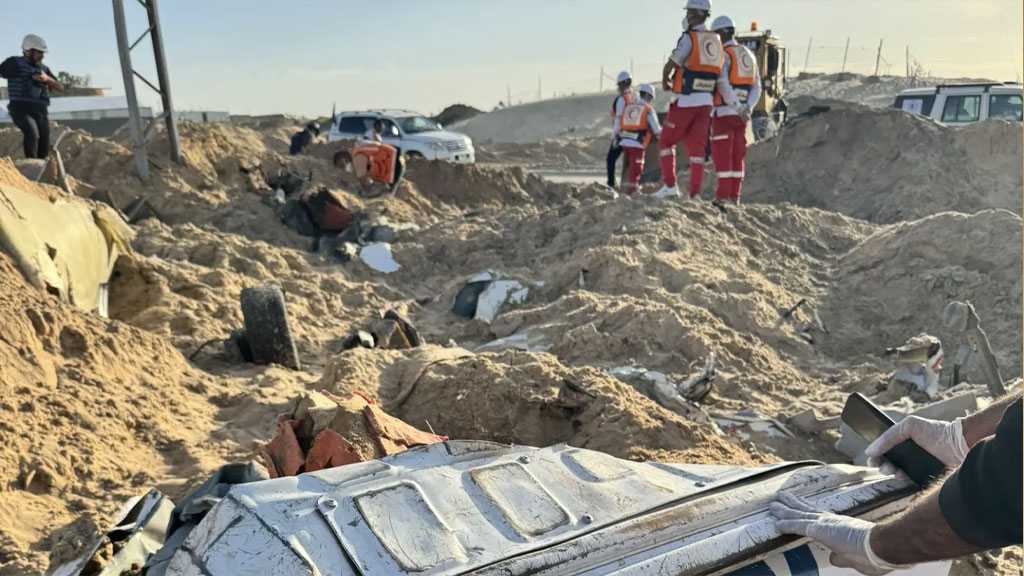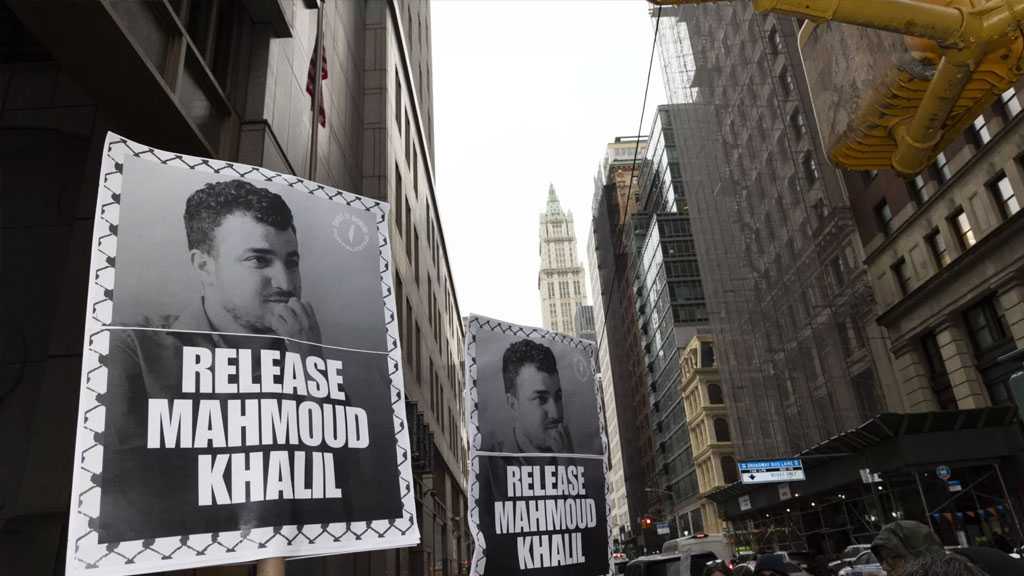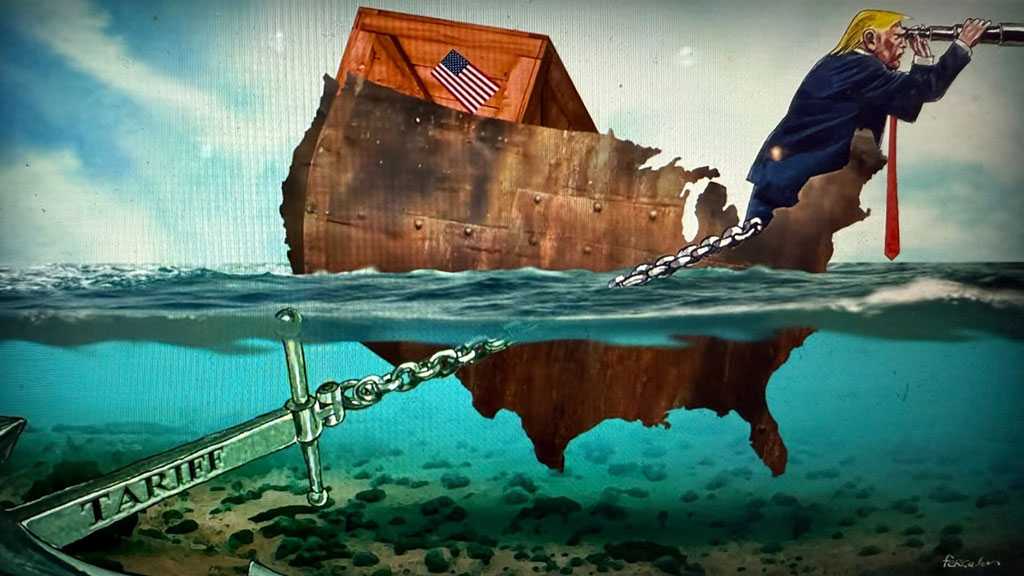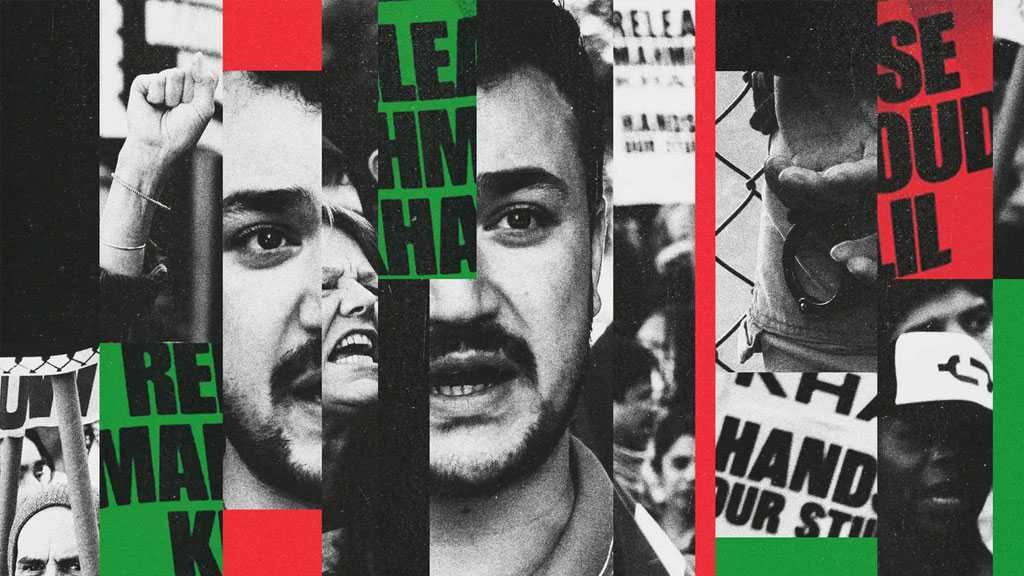
The Daily Mail: Syrian ’Child Slaves’ in Turkey Making Uniforms for Daesh!
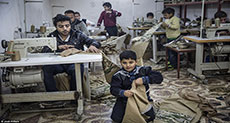
Local Editor
Drawing slowly on his cheap cigarettes, 35-year-old Abu Zakour is hardened as he describes how he employs children as young as nine to stitch the uniforms that end up on the backs of frontline Daesh militants.

The Syrian boys - and a couple of girls hidden upstairs - are paid a minimum of 40 Turkish lira [£10] a day to stitch, cut and measure out the camouflage material and help their older colleagues piece together the uniforms that get smuggled across the border to rebel groups.
‘My kids are in a school run by an NGO,' he said, speaking exclusively to MailOnline from his office in the Turkish border town of Antakya. ‘These children could go too but their parents want them to earn money, so what can I do?'
Abu Zakour is a simple businessman but he is also seemingly untroubled by the ethics of kitting out Daesh in camouflage, or by hiring children to do it.
His hulking shape and assertive demeanor marks him as a man not to be messed with. He lived under brutal Daesh rule until he managed to escape Raqqa just six months ago.
Originally from Aleppo, the entrepreneur escaped the incessant shelling of the now destroyed city for the relative safety of Raqqa - the de facto Syrian capital of the terror group.
'I had children working with me in Raqqa too. Daesh wanted children going to Shariah schools, but no one sent their children because there was a lot of bombing.
'The first time I was arrested, it was for cigarettes. They found cigarette butts on the floor but just gave me a warning-the second time, they found the ashtray, jailed me three days and gave me 40 lashes. I was arrested a third time, also for smoking...They made a huge problem for people.
The main problem for the military clothes are the roads-all of the roads in Syria and from Turkey to Syria are closed.
‘Of course we made far more money with the military clothes than the civilian clothes. There is a big difference between the military clothes and the civilian clothes, but what can we do? Where there is work, there is work.'
From his modest factory in Antakya - which finally shut up shop earlier this year after tightened controls put a stop to smuggling his wares through the border - his workers pay strict attention to the differing stylistic demands of the multitudes of militant groups in northern Syria.
While terrorist Ahrar al-Sham prefers their uniforms to be light brown, al-Qaeda's Syrian al-Nusra Front prefers military green, Abu Zakour explains.
"Daesh prefers the Afghani clothes style, but sometimes they wear more traditional uniforms," he said.
His fabric is imported from Istanbul where Turkish textile factories replicate US and Russian camouflage depending on demand, although desert US design is a customer favourite and in high demand.
‘My customers they want military clothes more than Afghani clothes - there is less of a market for them now, although there are still people asking me for Afghani clothes.
'Almost all the time, my customers want clothes in the style of the US army, but there are also people who want the style of the Russian Army, or the Turkish Army-but almost all of them want it to look like the US army.
‘They bring us a pattern for the US army style, and we copy this pattern directly.'
Daesh have long used different styles of uniform to differentiate between their units - all black for parades, longer shalwar kameez ‘Afghani style' for the brutal execution squads and front line fighters and all in varying shades of camouflage, tan and the notorious black
For Daesh, almost all the time they use the Afghani clothes, much more than the US army style. Usually we sell these clothes to the businessmen in Raqqa, if they are coming to our shop. But they do not say they are coming from Raqqa. But a lot of our clothes are getting to Raqqa. So how are they getting there? They are coming in this way.
‘The customers do not say that they are from Raqqa, because they think no one will sell them anything if they say they are from Raqqa, or that they are going back to Raqqa. For me, I will sell the stuff here-it doesn't matter where my customers are from.
‘This [selling uniforms to people from Raqqa] is not my problem. Of course it is a problem-but I want to sell my clothes, and make a living.'
When MailOnline visited the Antakya factory in February, the boys smiled and chatted as they worked - stitching webbing to carry guns and ammunition, and putting together military backpacks instead of learning how to read and write at school. Even playing in the street is reserved for after their 12 hour day ends.
"There are people who would rather have their children work for 100 Turkish Lira per week, and see this as better, because they don't have any money," said Abu Zakour, who has taken a number of children to work in his new factory 120 miles away in Gaziantep.
‘The only reason that these children work with me is for the money - If there were no war in Syria, these children would be in school-and school would be a much better option for them.
'I pay them 40 to 70 Turkish Lira - it depends on the worker, who is better or who does more. Sometimes the family sends very young children to work, and I don't like to say no, so I let him work, to benefit from this.
‘Right now they are just working from day to day to survive. But maybe one day one of them will use these skills to learn how to be a tailor, and this is a useful trade. But right now it is just to make a living.'
